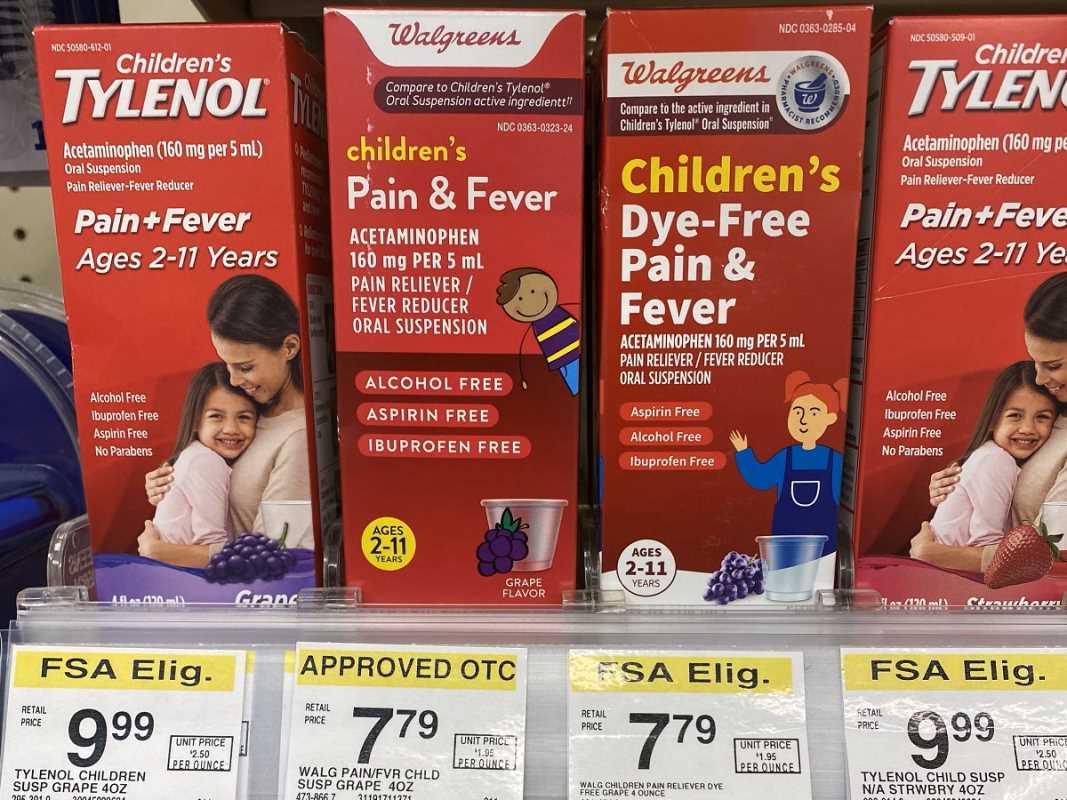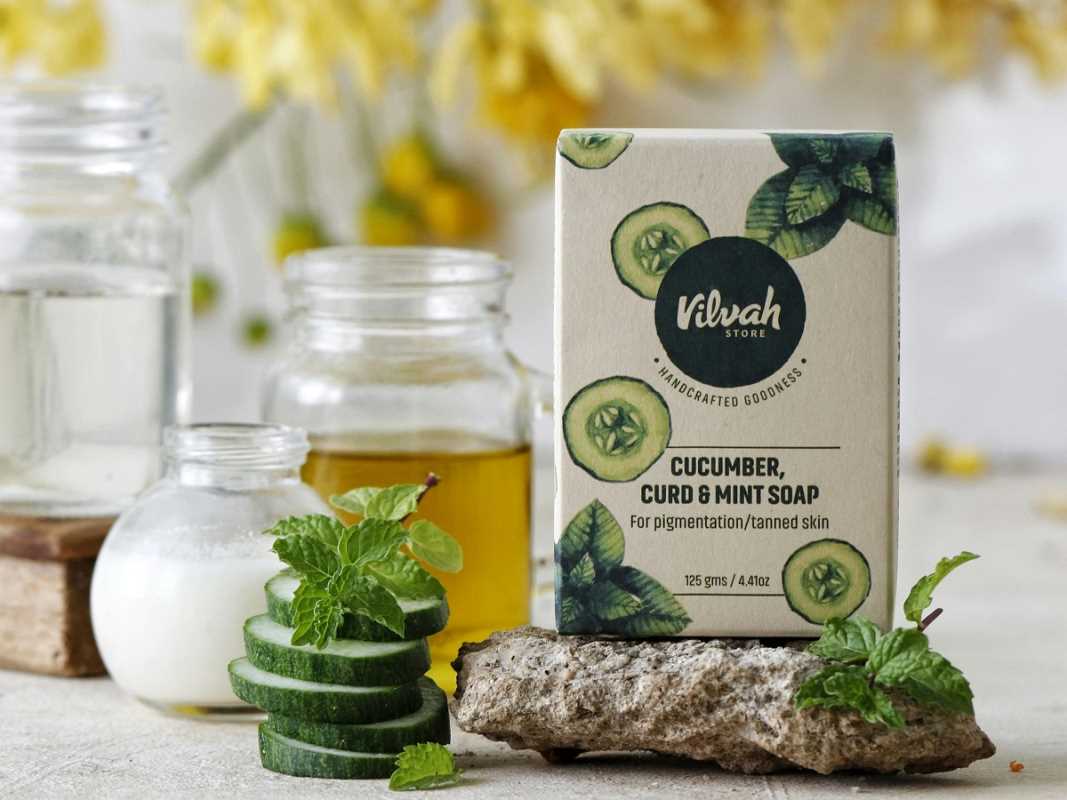When you're scrolling through the grocery aisle or browsing shelves for household products, there's usually a choice you face—buy the brand everyone knows or grab the no-name, generic version that’s often significantly cheaper. It’s a relatable dilemma, especially when you’re trying to balance quality with affordability.
To help you stretch your budget without sacrificing too much, let's take a closer look at the differences, cost benefits, and when it makes sense to pick generic over branded items.
What’s the Difference Between Generic and Branded Items?
The most apparent difference between branded and generic items is pricing. Branded products typically charge more because of their recognizable name, extensive advertising, and often attractive packaging. On the flip side, generics skip these extras, keeping costs low while offering products that, in many cases, are just as effective.
Understanding Generic Products
Generic products are essentially copycats of their branded counterparts. But here's the thing—they’re usually made of the exact same ingredients or materials. This is particularly true for categories like medications or store-brand groceries. For example, generic ibuprofen has the same active ingredient as Advil, and store-brand cereals often taste just like the big brands because they’re made in similar facilities.
The Price Gap
The cost difference between generic and branded items can be shocking. On average, generics are 20%–30% cheaper than their branded counterparts, and in some cases, the savings can be as high as 50% or more. For budget-conscious shoppers, those savings add up quickly.
But is buying generic always the smarter choice? Not necessarily—sometimes sticking to a brand makes more sense.
When to Choose Generic Over Branded Items
1. Groceries
Grocery stores are packed with generic options, from store-brand pasta to off-brand potato chips. These items are often comparable in taste, quality, and freshness to their branded counterparts. For example, a store-brand can of diced tomatoes will usually work just as well as a pricier name-brand can in your recipes.
Exceptions to Consider:
- If there's a certain branded food item you love for its flavor or quality, it may be worth the splurge—like a name-brand coffee or specialty ice cream.
- Generic snacks like chips or cookies might taste slightly different than the original, depending on your preferences.
Pro Tip: Look for store brands like Kirkland at Costco or Great Value at Walmart, which are known for solid quality at a fraction of the price.
2. Medications
When it comes to over-the-counter (OTC) medicines, generics are a no-brainer. The FDA requires generic medications to have the same active ingredients, dosage, and effectiveness as their branded equivalents.
For instance, generic acetaminophen is indistinguishable from Tylenol in terms of composition, yet costs significantly less. The same goes for allergy meds like loratadine (generic Claritin) or ibuprofen.
Exceptions to Consider:
- If you’re unsure about an ingredient or concerned about effectiveness, consult with your doctor or pharmacist before switching to generics.
- For specialized prescription medications, stick with your doctor’s recommendation.
3. Household Products
Items like trash bags, dish soap, cleaning supplies, and storage containers are often just as good when bought as generics.
For example, a store-brand cleaner can cut through grease or disinfect just as effectively as a higher-priced name brand—it really boils down to personal preference.
Exceptions to Consider:
- Branded products may offer better durability for certain items, like heavy-duty trash bags or premium dish soap with stronger cleaning agents.
Pro Tip: If you’re nervous about switching to a generic household product, try a smaller size or testers first to ensure it works for you.
4. Pantry Staples
For essentials like rice, sugar, spices, or canned goods, generic is usually the way to go. These items are basic and unlikely to taste or function differently. Who can really tell whether the sugar in your coffee came from a generic bag or a brand-name one?
Exceptions to Consider:
- Specialty ingredients or organic-certified products might taste better if they’re branded.
5. Pet Food
Many pet owners swear by branded pet food due to online recommendations and vet advice. However, as long as the generic brand meets the necessary nutritional standards (look for an AAFCO seal in the U.S.), it can be a budget-friendly alternative.
Exceptions to Consider:
- If your pet has special dietary needs or sensitivities, the extra cost of branded vet-recommended food might be worth it for peace of mind.
When It’s Worth Paying for the Brand
Generic products may not always be capable of matching the performance, taste, or durability of branded alternatives. Here’s when paying extra for a name brand might be worth it.
1. Electronics
While there are budget-friendly electronics out there, you often get what you pay for with generic brands. Cheap tech like chargers, headphones, or appliances may break faster or lack the features offered by established brands. Investing in quality is often smarter in the long run.
Example: Opt for Apple chargers over generic ones to avoid compatibility or overheating issues.
2. Luxury Items
Sometimes, the allure of a particular brand lies in its craftsmanship, prestige, or design. If you enjoy designer handbags, watches, or high-end clothing, generic versions might not give you the same long-term satisfaction.
Pro Tip: If you’re on a budget but want luxury items, consider buying second-hand on platforms like Poshmark or eBay.
3. Skin Care and Cosmetics
Generic skin care and makeup can save you money, but the formula may not always match branded products. Certain ingredients in high-end skin care genuinely cost more to produce and bring proven results.
Example: A generic moisturizer may work for some, but those requiring specific active ingredients like retinol or peptides might need a brand-name product for better efficacy.
Pro Tip: Compare ingredient lists to find comparable generics or dupes for your favorite products.
4. Specialty Foods
For food items with unique recipes—like premium chocolates, craft cheese, or artisan bread—branded versions often taste significantly better than generics or store-brand options.
How to Decide Between Generic and Branded
It’s not always clear-cut when to choose generic vs. branded, so these tips can help you make informed decisions.
- Compare Ingredients: Always check the label! With groceries or medications, generic and branded products often share identical ingredients, which means you’re getting the same outcome for less.
- Read Reviews: Take a few minutes to read online reviews before deciding between brand-name and generic items. This is especially helpful for electronics, skin care, or household items.
- Test It First: If you’re hesitant to switch to a generic product, try the smallest available size or start with a single pack instead of bulk quantities.
- Do the Math: Calculate the unit price when comparing items to see the real cost differences. Most stores display this on the shelf tag—this helps you see where the savings truly are.
- Don’t Judge Packaging: Brand-name packaging is often designed to look flashier, but don’t be fooled! Focus on the quality and functionality of the product itself.
Choosing between generic and branded items is all about your priorities—whether that’s saving money, enjoying a specific quality, or finding the best value for your needs. For most households, switching to generic items for staples like groceries, medications, and basic household supplies can lead to significant savings over time.
That said, some branded items are worth the extra cost, especially for durability, safety, or superior performance. The key is knowing when to save and when to splurge—an invaluable skill for any savvy shopper.
At the end of the day, don’t be afraid to try generic products—you might be pleasantly surprised at how much you can save without giving up the quality you love!






